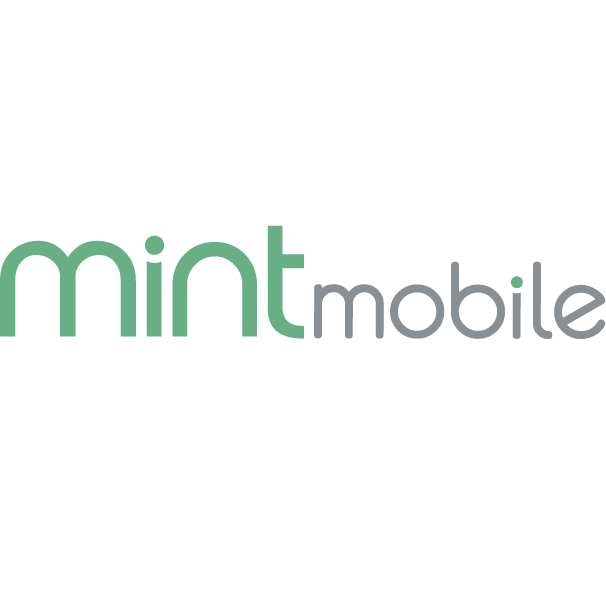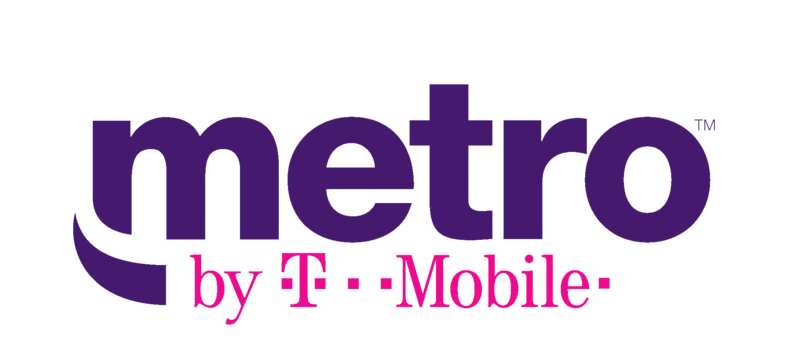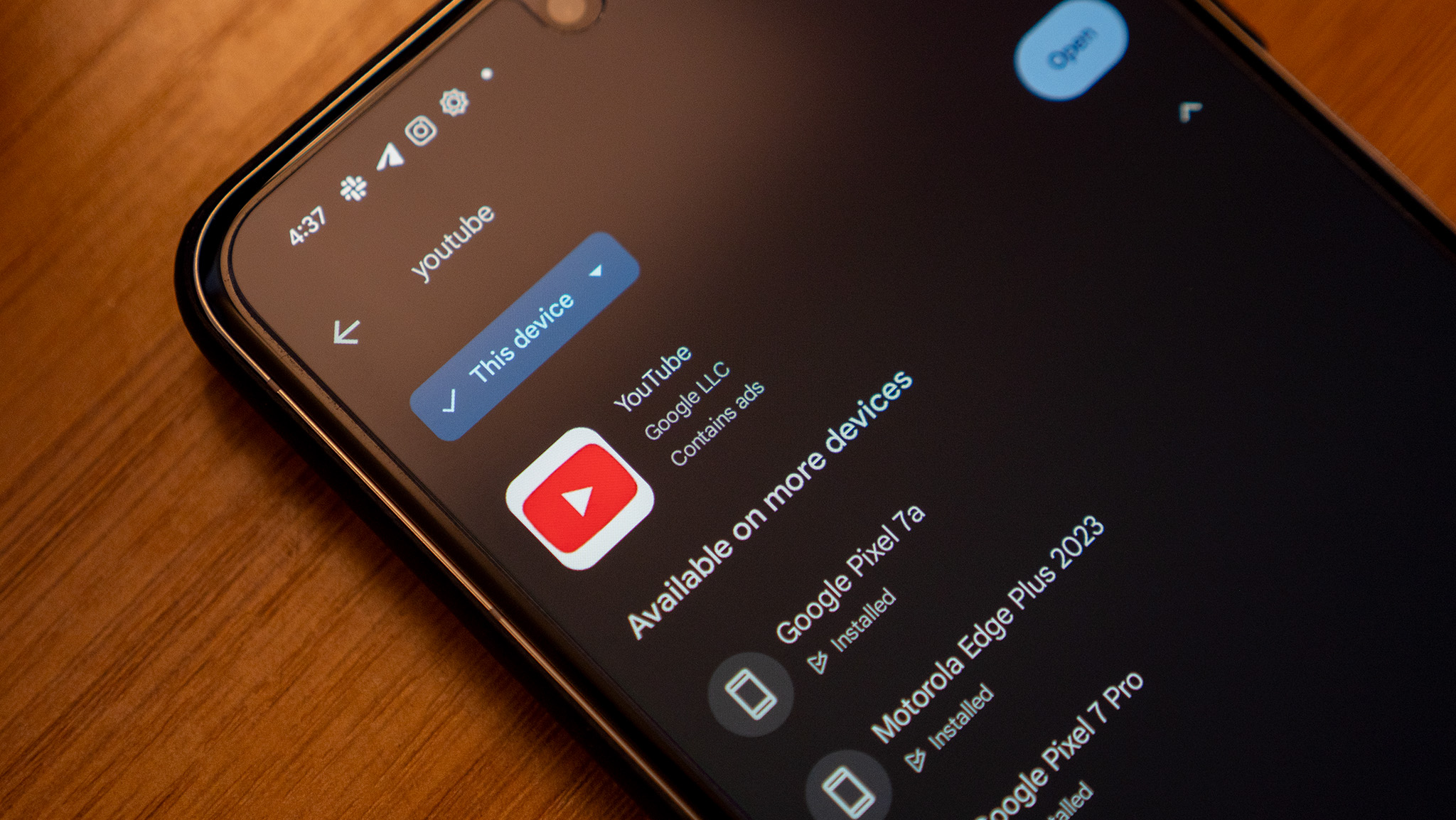Do Unlimited plans actually have data caps?
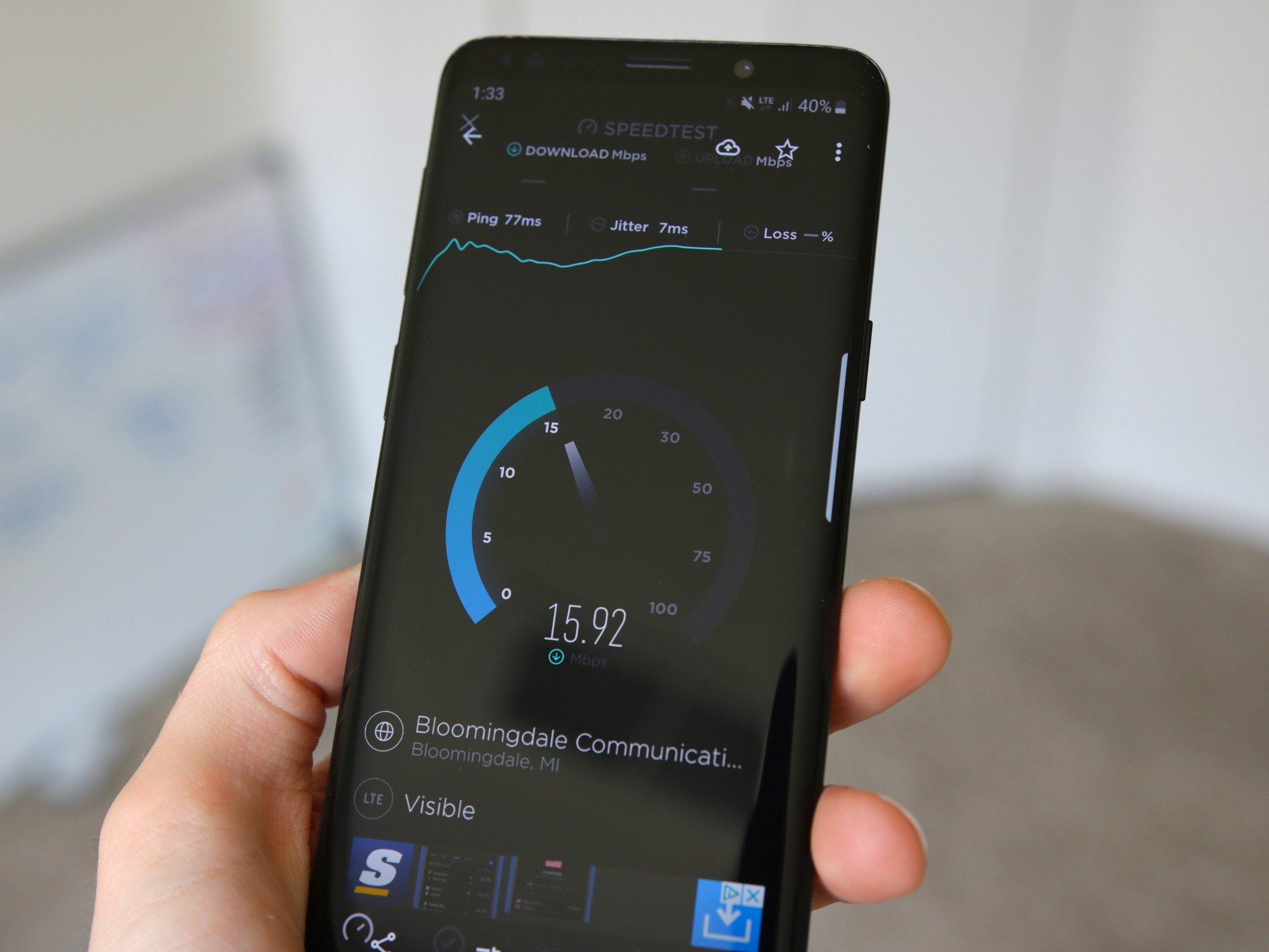
Get the latest news from Android Central, your trusted companion in the world of Android
You are now subscribed
Your newsletter sign-up was successful
Best answer: Yes, pretty much every unlimited plan will have some sort of cap that affects download speed. Your data isn't totally cut off unless it's in violation of the terms and conditions of your carrier.
- Lots of data with throttling: Mint Mobile Unlimited (From $30/mo. at Mint Mobile)
- Deprioritized at 35GB: Metro by T-Mobile Unlimited (From $50/mo. at Metro by T-Mobile)
Better performance with postpaid
There are a ton of carriers that claim to have unlimited data plans with an allotment of high-speed data that can be used before customers have their speeds severely limited. While some carriers like Verizon and AT&T have put this fact front and center offering plans with different amounts of premium data, most MVNOs leave that information for the fine print. Premium data is data that is prioritized when the tower is congested.
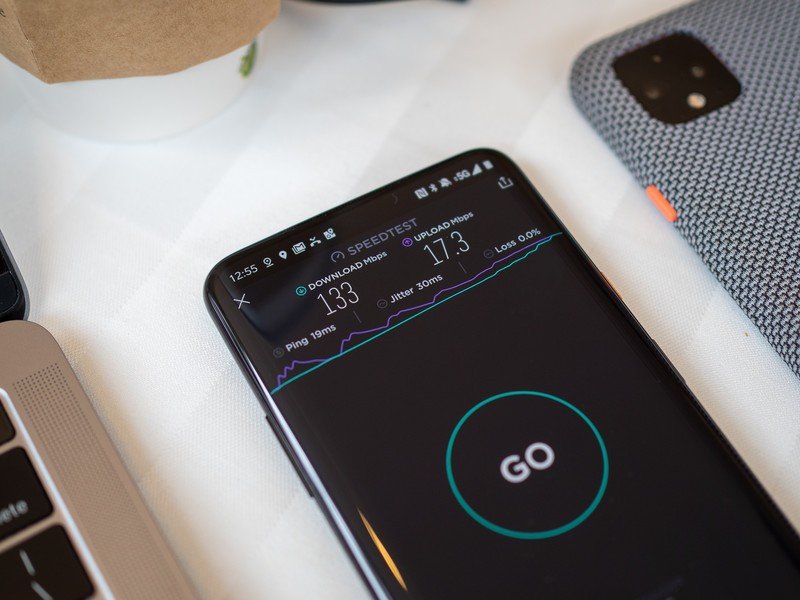
Congestion is going vary greatly depending on where you are and the time of day, so if you spend most of your time in rural or suburban areas, you may never notice a difference in your data speeds. This approach has allowed carriers to maintain a performance edge compared to MVNOs in urban areas.
In the case of Metro by T-Mobile, when a customer uses more than 35GB on an unlimited plan, they will see slower speeds than a T-Mobile customer if the tower is unable to deliver full speed to both devices. Most of the time, the network is still usable, and if the customer didn't know better, it wouldn't be a problem.
Other MVNOs such as Google Fi or Mint Mobile see much more dramatic speed limitations when they cross a threshold. In the case of Mint Mobile's unlimited plan, that's 35GB. When a user hits this threshold, their download speed is reduced to what Mint Mobile calls 2G. In reality, it's just a hard limit of 128Kbps, as noted in the terms and conditions.
Does an unlimited plan make sense?
Get the latest news from Android Central, your trusted companion in the world of Android
Given the speed limitations, it's hard to call any plan genuinely unlimited. Still, most people won't exceed these data limits and if they make use of their home Wi-Fi or even public Wi-Fi, staying under 35GB is totally possible.
As wireless speeds increase and new technology makes more efficient use of the available spectrum, deprioritization becomes less of an issue. Especially with advancements on mmWave and mid-band sub-6 5G. If there's a chance you'll go over your fine print limit, you're better off with a carrier that uses prioritization. If you never use that much data anyway, you don't ever have to worry about overage fees, which in the end, is the biggest draw to an unlimited plan.

When Samuel is not writing about networking or 5G at Android Central, he spends most of his time researching computer components and obsessing over what CPU goes into the ultimate Windows 98 computer. It's the Pentium 3.
